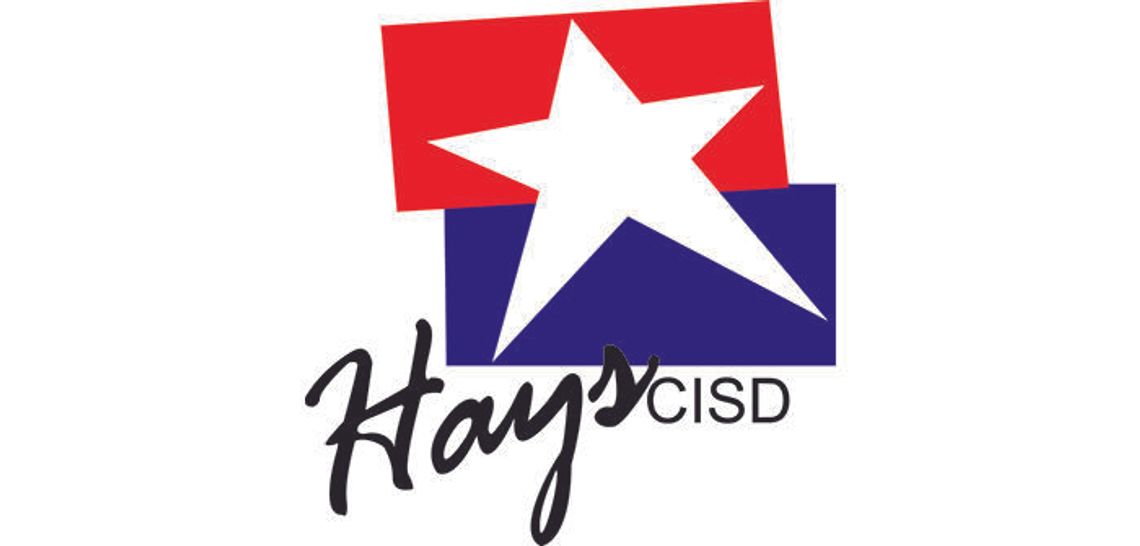Tasked with trying to fund public education and relieve pressure on local property tax payers, top state officials are moving forward with legislation meant to limit tax rate growth.
Senate Bill and House Bill 2 would require cities, counties and school districts to hold an election if they seek to raise ad valorem rates above 2.5 percent from the previous year. These proposals would not affect smaller taxing units that do not collect more than $15 million in revenue.
In Hays County, the proposed bill would affect San Marcos, which collects more than the $15 million threshold. The possible impact on Hays County school districts, however, leads local officials to oppose the bills as they’re detrimental to small taxing jurisdictions when faced with fast growth or natural disasters.










